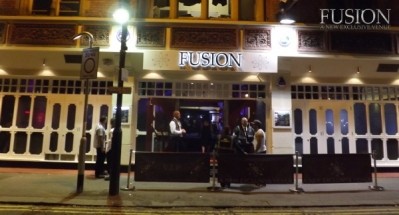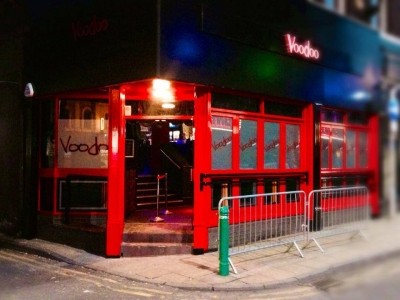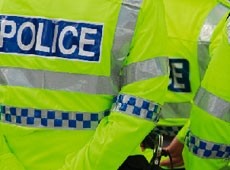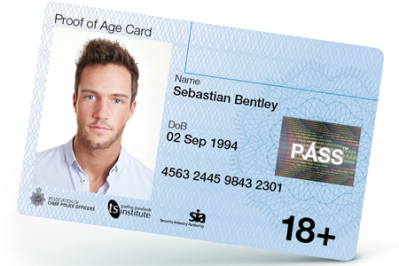legal advice
Positive trading environment and collaboration benefits everyone
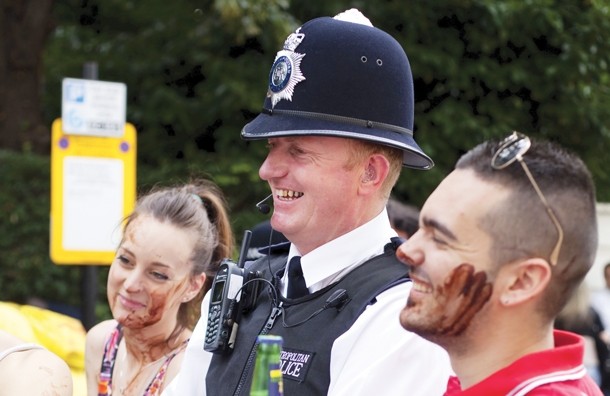
A recent meeting with the Metropolitan Police to explore the possibility of selling alcohol during the Notting Hill Carnival, reinforced in our minds just how demonised alcohol has become. Even the mere suggestion of selling alcohol from noon until 7pm — with security, qualified staff and rigid systems all in place — was met with vehement negativity.
The Met Police’s attitude reminded us of a case where a police officer sought the revocation of premises licence, despite the premises having traded trouble-free for 16 years.
The officer trawled through CCTV footage in an attempt to consciously strengthen his case. And then there was the London council Trading Standards officer who reviewed a premises licence based on a failed test purchase more than one year ago, followed by a more recent failure. Interestingly, on the same day of the recent failure, Trading Standards immediately conducted another test purchase, which was passed.
These examples demonstrate the growth in an adversarial approach by the same authorities that, perhaps, should give more weight to the good working practices and successful test purchases that have led to years of trouble-free trading. This is what the statutory guidance alludes to as ‘partnership working’.
Everyone enjoys a drink or two every now and then, and I am sure that most people have had excess at least once in their lifetime. Having a tipple has been an entertaining and social pastime for countless generations.
But the fear of alcohol has been fuelled by dramatic scenes of drunkenness, disorder and violence. This fear is sometimes supported by academics, who find figures to support the idea that increasing prices, placing a restriction on strong beer, lager or cider or, as with one London borough council, imposing Challenge 25 on all premises licences, will reduce the harmful effect of alcohol.
Positivism
How refreshing it would be to read commentaries that highlight how the UK is at the forefront of music and entertainment, and the popularity of having a ‘beer or two’. Or perhaps a report that talks about the late-night trade contributing to the economy, and encouraging tourism, bringing in millions of pounds into the country, with a recommendation that authorities support operators and reduce the use of regulation to stifle progress.
Instead, authorities, residents and voters level criticism at operators and apply to restrict or revoke operators’ licences. In some areas, the industry faces demands that drug dogs are used, customers are breathalysed, or that people should be accosted in the streets and asked “where did you have your last drink?”. Added to this, there are the unjustified conditions to a licence and the imposition of the late-night levy, which financially punishes good traders for the iniquities of the bad.
The police justify this with talk of towns having ‘no-go’ areas because of licensed premises, but they rarely mention previously vibrant areas that have been choked out of existence, or areas where there is a lack of diversity, due to the restricted hours and licence conditions that result in late-night revellers taking their business elsewhere.
The authorities have a job to do, but regulation is sometimes overused and causes animosity between the trade and the authorities — creating a feeling of ‘them against us’. More and more, we are seeing operators retaining their own evidence, CCTV footage, and documents to use to challenge the authorities’ misinterpretation of events, to challenge a review, or even a prosecution.
The untargeted use of enforcement legislation to restrict good operators must stop. There are no easy answers, but the trade is constantly criticised even when it has a positive influence on the late-night economy. What is needed is partnership working with authorities, and good operators being involved in discussions and developing a licensing system where bad traders are proportionately punished while the good benefit.
Maybe it’s time for operators to say “enough is enough” and get together to challenge proposals that would adversely affect the trade.
There is no doubt that the late-night licence economy has been demonised. Long gone are days when the trade and the authorities worked together for the good of the late-night economy.
Good trade was once based on a rapport with the police and council officers. After all, the spirit of the statutory guidance is that the philosophy of partnership working is vitally important.
It should be incumbent on the authorities and the late-night trade to demonstrate that ‘entertainment’ and ‘alcohol’ are not dirty words.
At some stage in the future, it would be great to have the authorities and the trade standing up in unison, and challenging restrictive regulation and imprecise enforcement.
